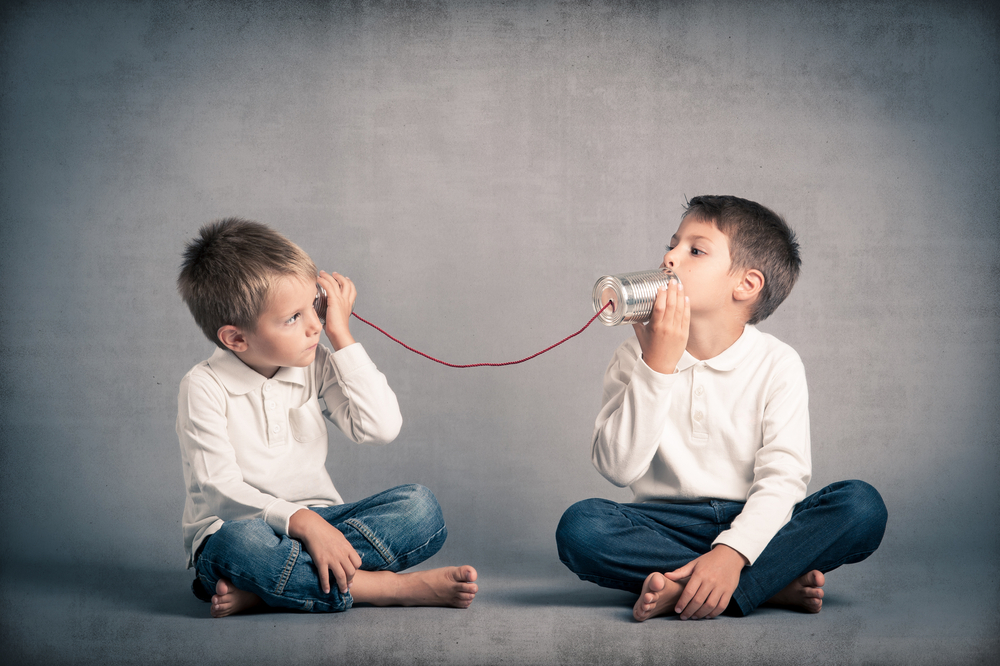
Communication is the cornerstone of human connection and plays a vital role in all aspects of our lives. Whether it’s in personal relationships, professional settings, or even casual interactions, effective communication is key to building trust, resolving conflicts, and fostering understanding. In this blog post, we will explore the art of effective communication and provide valuable tips to help you build stronger and more meaningful relationships.
The Importance of Effective Communication
Effective communication is not just about conveying information; it’s about connecting with others on a deeper level. Here’s why it matters:
- Building Trust: Trust is the foundation of any healthy relationship, and it’s established through open, honest, and consistent communication.
- Resolving Conflicts: Communication is crucial for addressing disagreements and finding solutions that work for all parties involved.
- Fostering Understanding: Effective communication helps ensure that your thoughts, feelings, and intentions are accurately conveyed and understood by others.
- Enhancing Relationships: Good communication skills can lead to stronger, more harmonious relationships, both personally and professionally.
Tips for Effective Communication
- Active Listening: Pay close attention to what the other person is saying. Avoid interrupting, and ask clarifying questions to ensure you understand their perspective.
- Non-Verbal Communication: Be mindful of your body language, facial expressions, and tone of voice. Non-verbal cues can convey as much or even more information than words.
- Empathy: Try to see the situation from the other person’s point of view. Empathy helps you connect on a deeper emotional level and fosters understanding.
- Clarity and Conciseness: Express your thoughts and ideas clearly and concisely. Avoid jargon or overly complex language, especially in professional settings.
- Timing is Key: Choose the right time and place for important conversations. Avoid discussing sensitive topics when either party is stressed or distracted.
- Use “I” Statements: When expressing feelings or concerns, use “I” statements to express how you feel without blaming or accusing the other person. For example, say, “I feel hurt when…” instead of “You always…”
- Practice Patience: Some conversations may require time and multiple discussions to reach a resolution. Be patient and persistent.
- Feedback: Encourage feedback from others about your communication style. This can help you identify areas for improvement.
- Avoid Assumptions: Don’t assume you know what others are thinking or feeling. Ask questions to clarify and validate your assumptions.
- Written Communication: In written communication, proofread your messages, and be aware of the tone you convey through text or email, as it can be easily misinterpreted.
Conclusion
Effective communication is a skill that can be cultivated and refined over time. By actively listening, practicing empathy, and honing your verbal and non-verbal communication skills, you can build stronger relationships, resolve conflicts more effectively, and navigate the complexities of human interaction with greater ease. Remember that communication is a two-way street, and the effort you put into improving your communication skills can yield tremendous benefits in both your personal and professional life.










